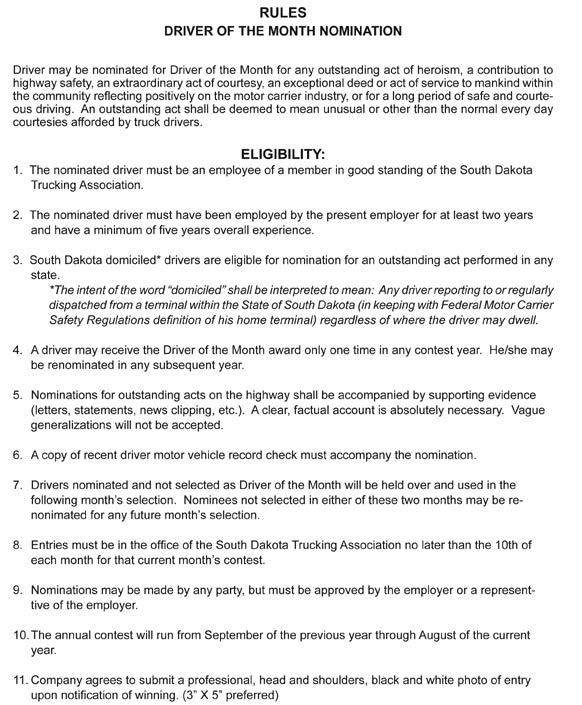A WHITE PAPER ON AMENDMENT A
Making Recreational Marijuana Legal by Putting it into the Constitution of South Dakota • Not needed for medical marijuana – that’s on the ballot as IM-26 • More use by youth – gives access to marijuana to more than 600,000 adults • Puts pot in the constitution – can only be changed by another election There are three ballot measures that are on the general election ballot this November. One will allow people to wager on sporting events; the other two deal with marijuana. Amendment A would amend the State’s Constitution to legalize recreational marijuana for use by anyone 21 years of age or older. Initiated Measure 26 (IM-26) would allow the use of marijuana for medical purposes and allow those that have been authorized by a physician to have access to limited products designed to help with selected medical conditions.
How Did These Questions Get On The Ballot Here is how Amendment A – legalizing recreational marijuana – was placed on the ballot
• September 11, 2019 Authorized to gather signatures • November 4, 2019 Signatures submitted • January 6, 2020 Signatures validated Secretary of State Media Release – Secretary of State Steve Barnett announced a petition submitted for an amendment to the South Dakota Constitution was validated and filed by his office today. The measure will be titled Constitutional Amendment A and will appear on the 2020 General Election ballot on November 3, 2020. A constitutional amendment currently requires 33,921 valid signatures in order to qualify for the ballot. “As outlined in South Dakota Codified Law § 2-1-16, our PAGE 26 ~ TRUCKING NEWS
office conducted a random sample of the petition signatures and found 68.74 percent to be valid,” stated Secretary Barnett. Based on the results of the random sample, 36,707 signatures were deemed valid. Here’s how IM-26 – allowing marijuana for medical purposes – was placed on the ballot
• August 15, 2019 Authorized to gather signatures • November 4, 2019 Signatures submitted • December 19, 2019 Signatures validated Secretary of State Media Release – Secretary of State Steve Barnett announced the petition submitted for an initiated measure on legalizing marijuana for medical use was validated and filed by his office today. It will be titled Initiated Measure 26 and appear on the 2020 General Election ballot on November 3, 2020. An initiated measure currently requires 16,961 valid signatures in order to qualify for the ballot. “Per South Dakota Codified Law § 2-1-16, our office conducted a random sample of the petition signatures and found 74.65 percent to be valid,” stated Secretary Barnett. Based on the results of the random sample, 25,524 signatures were deemed valid. Medical Marijuana has been on the ballot twice; defeated both times • 2006 IM-4 Failed The vote: 157,953 (47.7%) Yes – to – 173,178 (52.3%) No • 2010 IM-13 Failed The vote: 115,667
(36.6%) Yes – to – 199,522 (63.3%) No Out of state help. The Marijuana Policy Project (MPP) out of Massachusetts, along with the New Approach organization from Washington DC are providing critical support to both Amendment A and IM-26. Most notably they have provided more than $900,000 of support for the drafting of Amendment A and for the gathering of signatures for both measures. It is anticipated that MPP will provide a million or more for the actual campaigns. What Amendment A Does Here is the Attorney General Explanation that appeared on signature forms and will appear on the ballot: Explanation: This constitutional amendment legalizes the possession, use, transport, and distribution of marijuana and marijuana paraphernalia by people age 2I and older. Individuals may possess or distribute one ounce or less of marijuana. Marijuana plants and marijuana produced from those plants may also be possessed under certain conditions. The amendment authorizes the State Department of Revenue (“Department”) to issue marijuana- related licenses for commercial cultivators and manufacturers, testing facilities, wholesalers, and retailers. Local governments may regulate or ban the establishment of licensees within their jurisdictions. The Department must enact rules to implement and enforce this amendment. The amendment requires the (continued on page 27)








